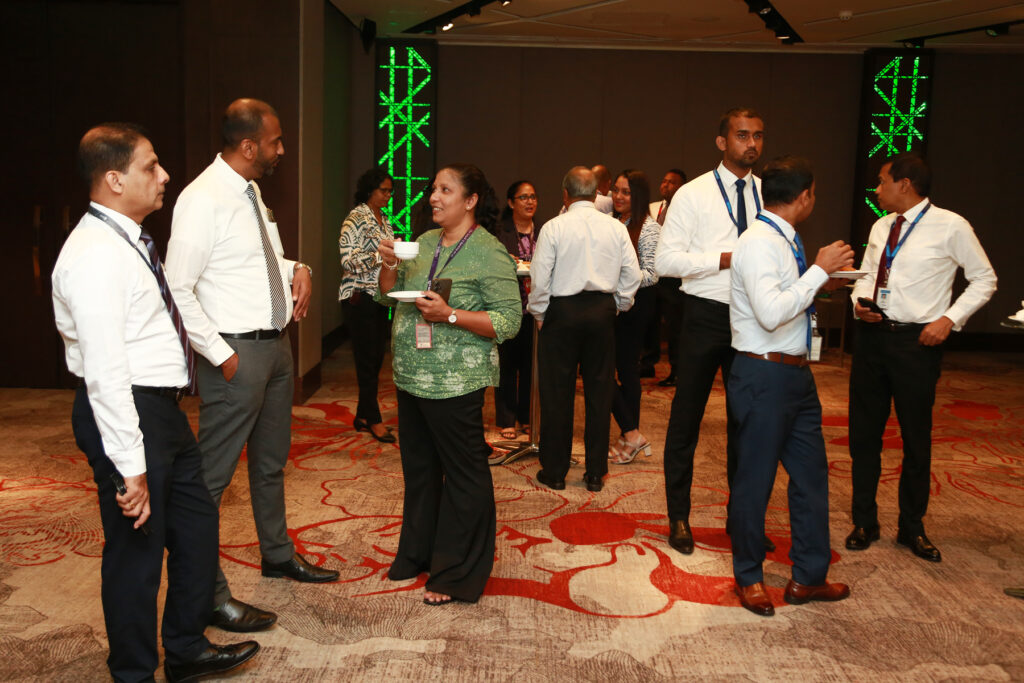Sri Lanka’s banking and financial sector is at a pivotal moment. With the global focus on sustainable investments, attracting green finance is now a necessity, not a choice. Professor Mohan Munasinghe, a renowned expert on sustainable development and climate finance, addressed Sri Lankan banking professionals at a seminar organised by Biodiversity Sri Lanka (BSL) under the Project PLASTICS initiative, funded by the European Union’s SWITCH-Asia programme. The event held on January 30 2025 at Jaic Hilton Colombo, aimed to help financial institutions promote a circular economy in Sri Lanka by providing them with necessary tools.
The seminar gathered 75 financial institution representatives to discuss the importance of green finance in promoting sustainable economic practices. The worldwide green finance market is growing quickly, with trillions of dollars going into projects focused on climate resilience, low-carbon, and biodiversity. For Sri Lanka’s banks to attract these funds, they must move beyond traditional lending models and embrace sustainability-aligned investment strategies.
Prof. Munasinghe’s Call to Action
Prof. Mohan Munasinghe, a Nobel Laureate and former Vice-Chair of the Intergovernmental Panel on Climate Change (IPCC), emphasised the golden opportunity for Sri Lanka’s financial institutions to adopt innovative sustainability-focused financial practices. He emphasised the need to follow global green finance standards and incorporate Environmental, Social and Governance (ESG) principles into policies to build investor confidence and stay competitive. Following frameworks such as the TCFD and TNFD can assist Sri Lankan banks in handling climate risks and appealing to global investors.
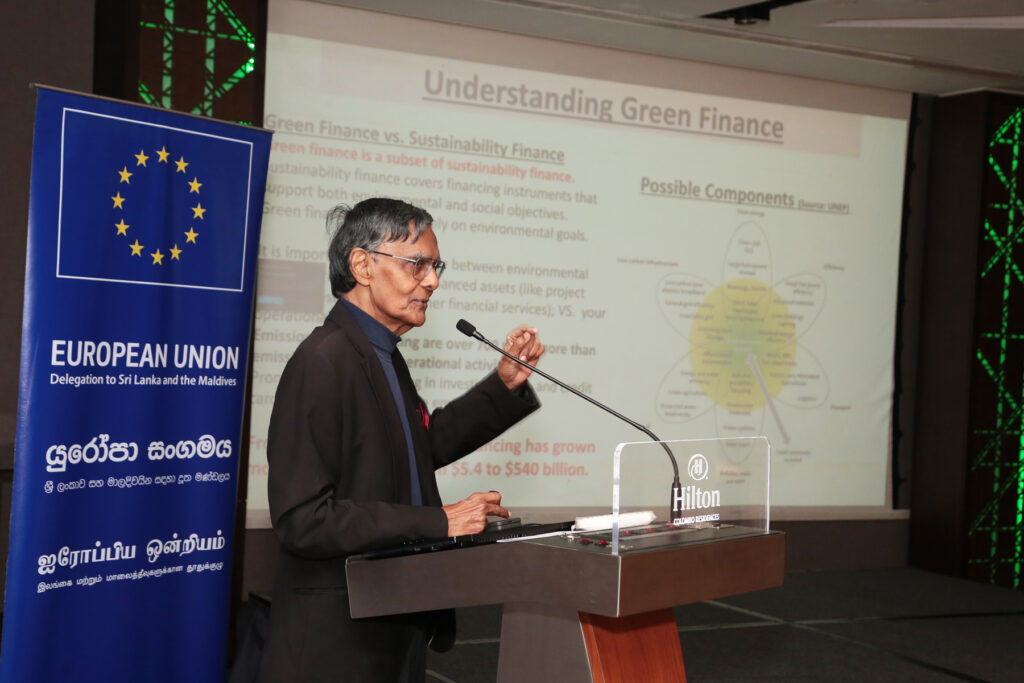
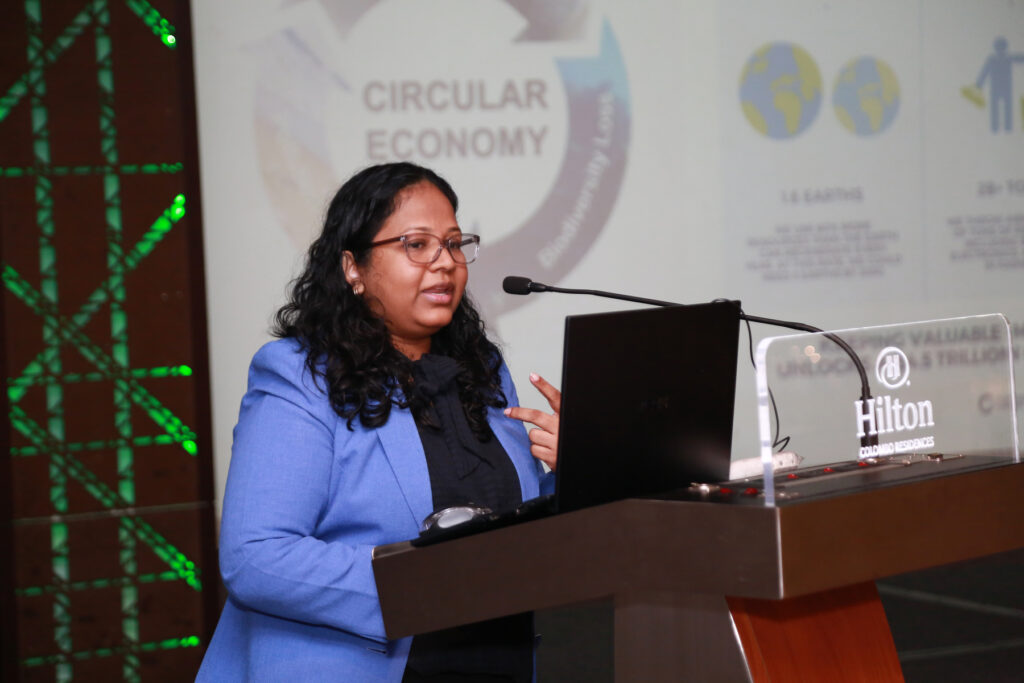
Driving Circular Innovation
Dr. Randika Jayasinghe emphasised the importance of banks in promoting the shift to a circular economy in Sri Lanka. She highlighted the need to shift from a linear to a circular economy to address climate change, biodiversity loss, and pollution. Banks can significantly influence the speed and scale of circular adoption through their investment decisions. Dr. Jayasinghe highlighted the importance of incorporating circular practices into financial strategies for sustainable financing and economic growth.
The Future of Business Sustainability
Sri Lanka is at a critical point in its economic and environmental path. As global industries adopt sustainability, the island nation needs to incorporate circular economy principles for long-term resilience. BSL’s Green Finance Specialist, Mr. Errol Abeyratne stressed the immediate importance of Sri Lanka shifting from a linear economic model to a circular one. He showed how industries can cut their carbon footprint and boost efficiency with circular business models that comply with global standards to stay competitive.
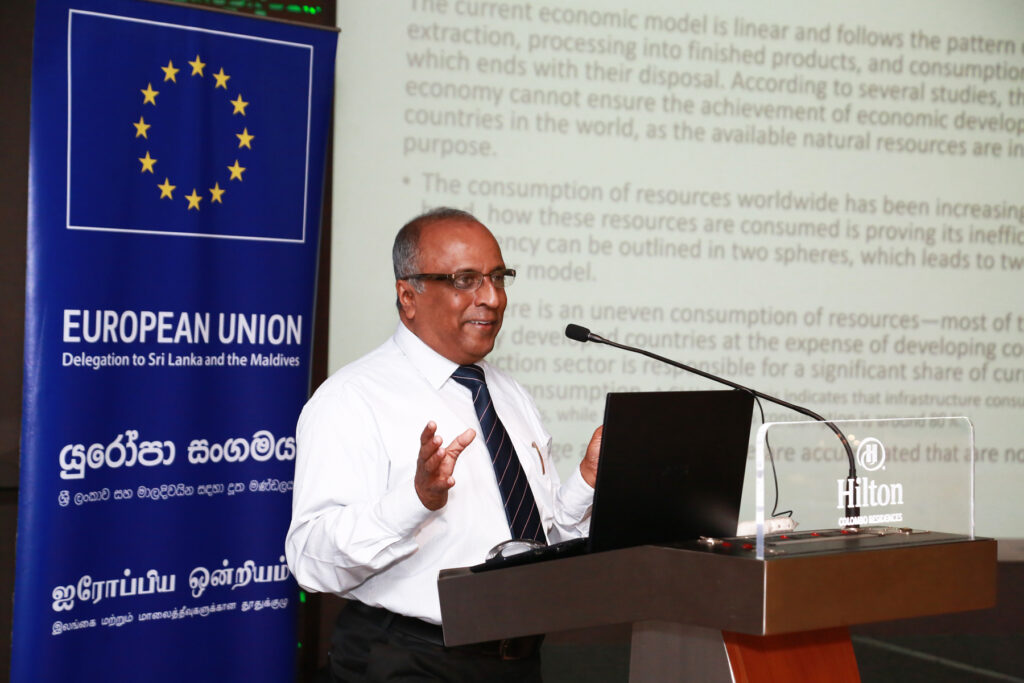
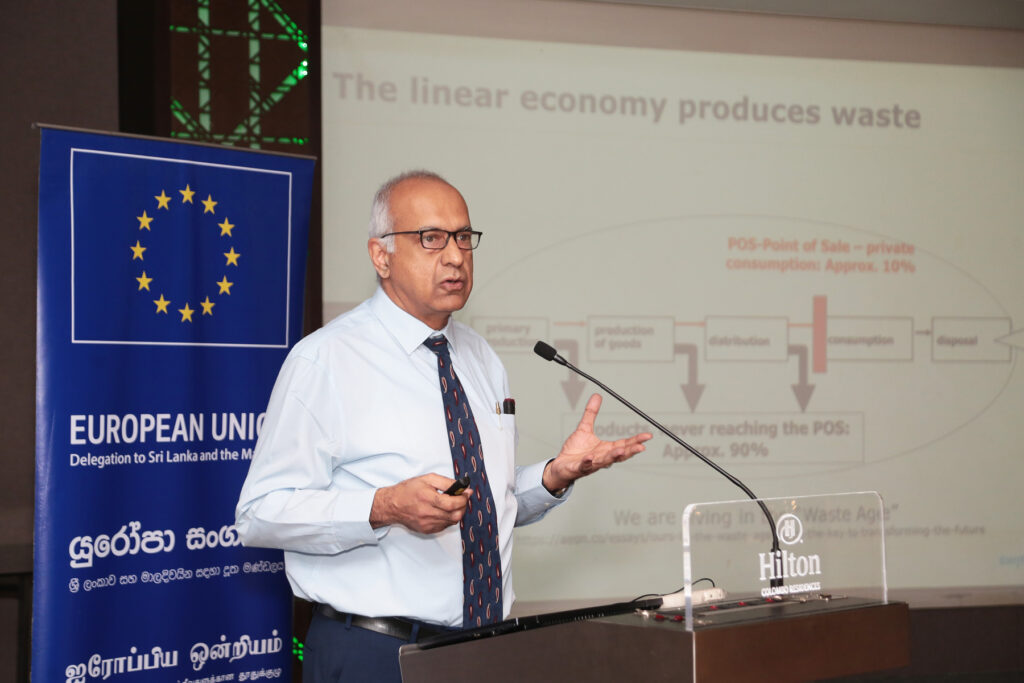
Resource Efficiency and Cleaner Production
Dr. Rajat Batra from STENUM Asia emphasised the negative effects of the linear economy on the environment and businesses, stressing the importance of transitioning to a Circular Economy and adopting Resource Efficient and Cleaner Production practices. He pointed out how wasteful resource flows in the linear economy led to environmental harm and increased business costs. Dr. Batra discussed effective methods from Europe and Asia, highlighting how industrial symbiosis and resource efficiency can lead to cost savings and environmental benefits.
The point of view of a business owner
Speaking on behalf of Small and Medium Enterprises (SMEs), Ample Clothing’s Co-Founder and Director Upekha Premathilaka highlighted the company’s commitment to sustainability and the circular economy, focusing on transforming plastic waste into biodegradable fabrics and promoting zero-waste fashion. She underscored the significant environmental impact of the fashion industry and the urgent need for sustainable practices. According to her, “Banks must evolve to support the circular economy, providing the necessary financial tools and investments to help businesses transition to sustainable models. Without this support, we risk being left behind in a rapidly changing economic landscape.”
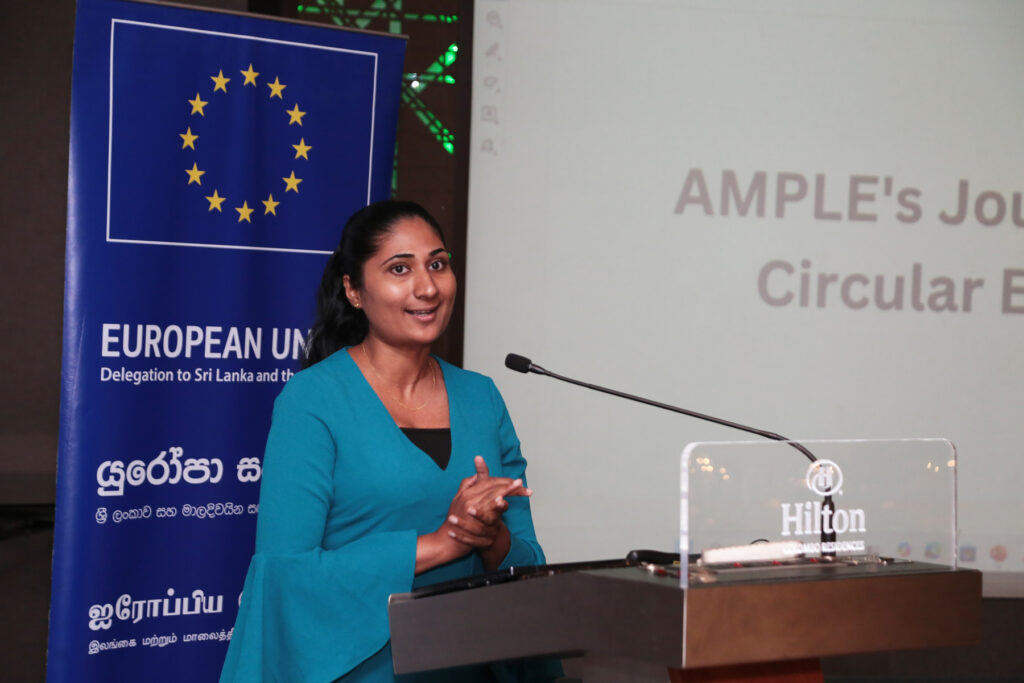
Panel calls for a Green Financial Revolution
In closing, a highly interactive panel discussion was held with the participation of: Chief Manager SME Banking of Commercial Bank Mr Mohan Fernando; Head of Sustainability Union Bank Mr Adheesha Perera; Managing Director of Alliance Finance Mr Romani de Silva; and Group Chief Financial Officer of Aberdeen Holding Group Mr Anushka de Silva. The panel emphasised the significance of creating environmentally friendly financial products like green bonds, sustainability-linked loans, and low-carbon investment funds. These financial instruments provide a competitive edge and unlock new funding opportunities for climate-friendly businesses and projects in Sri Lanka. Supporting nature-based solutions (NbS) such as mangrove restoration and regenerative agriculture is essential due to their financial and environmental benefits.
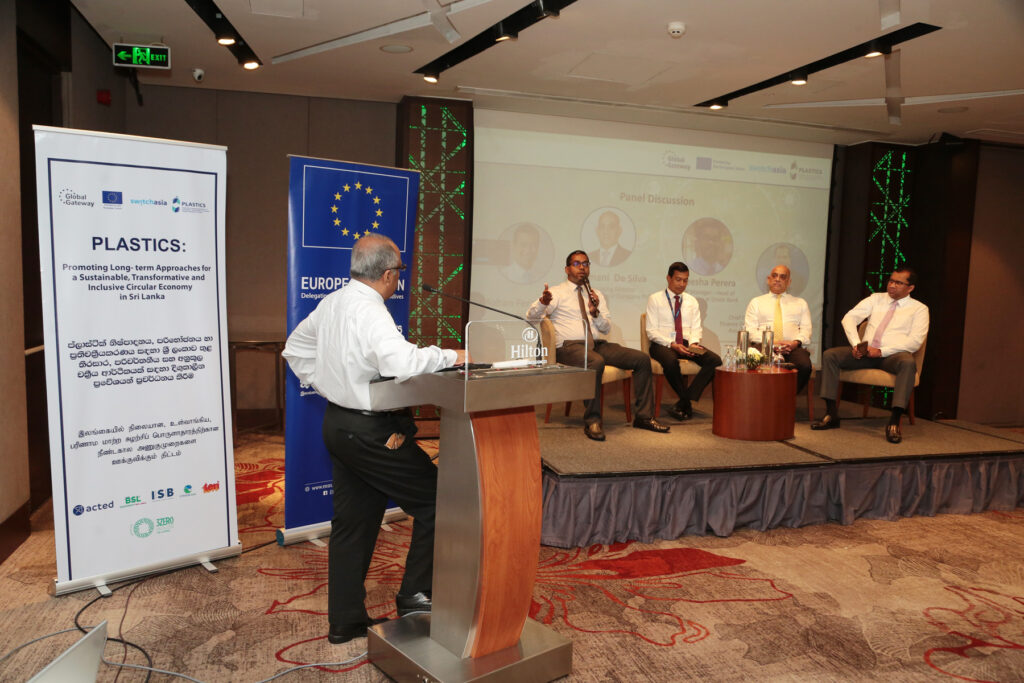

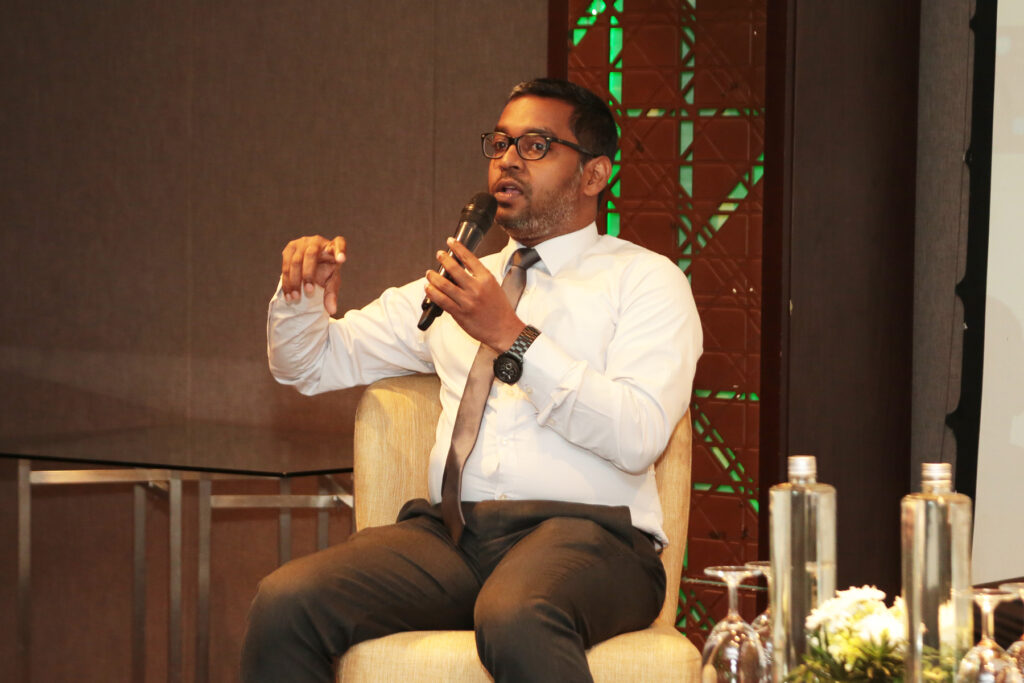
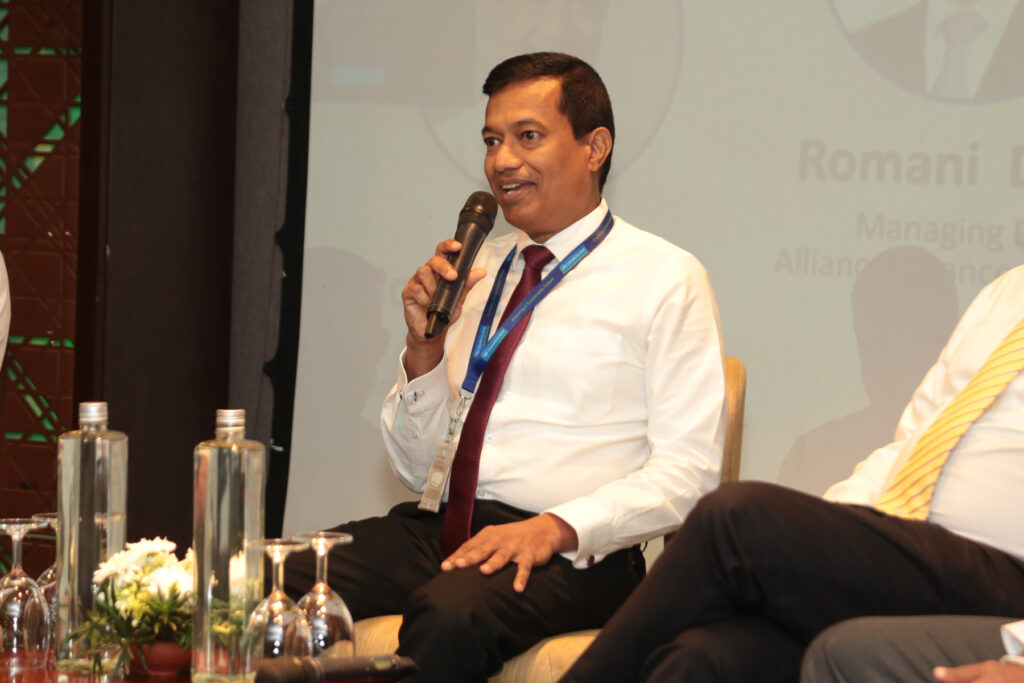
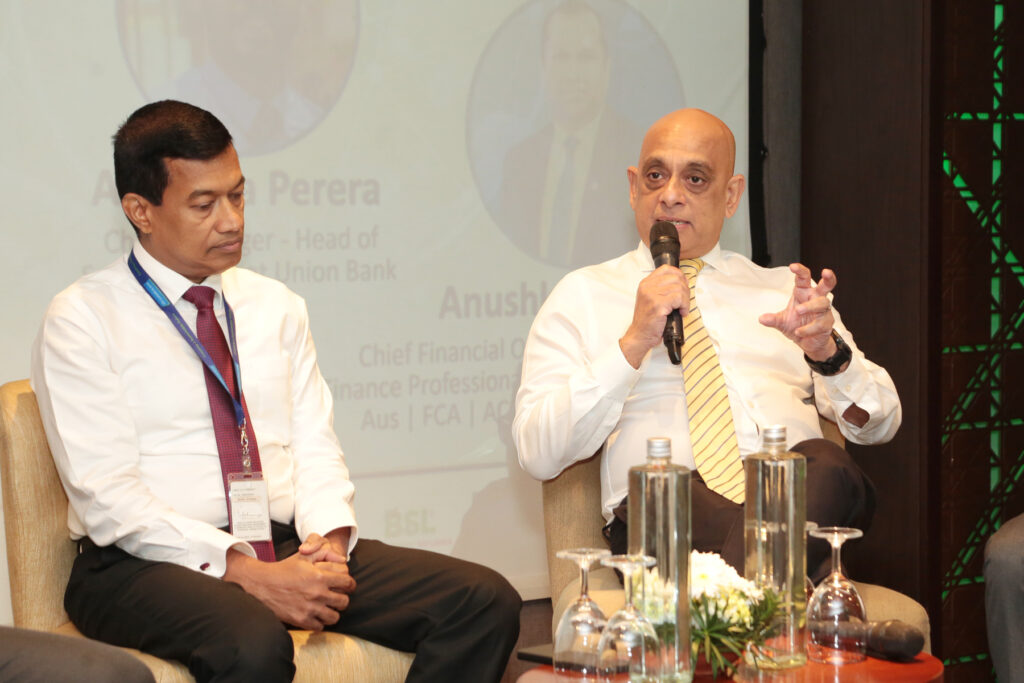
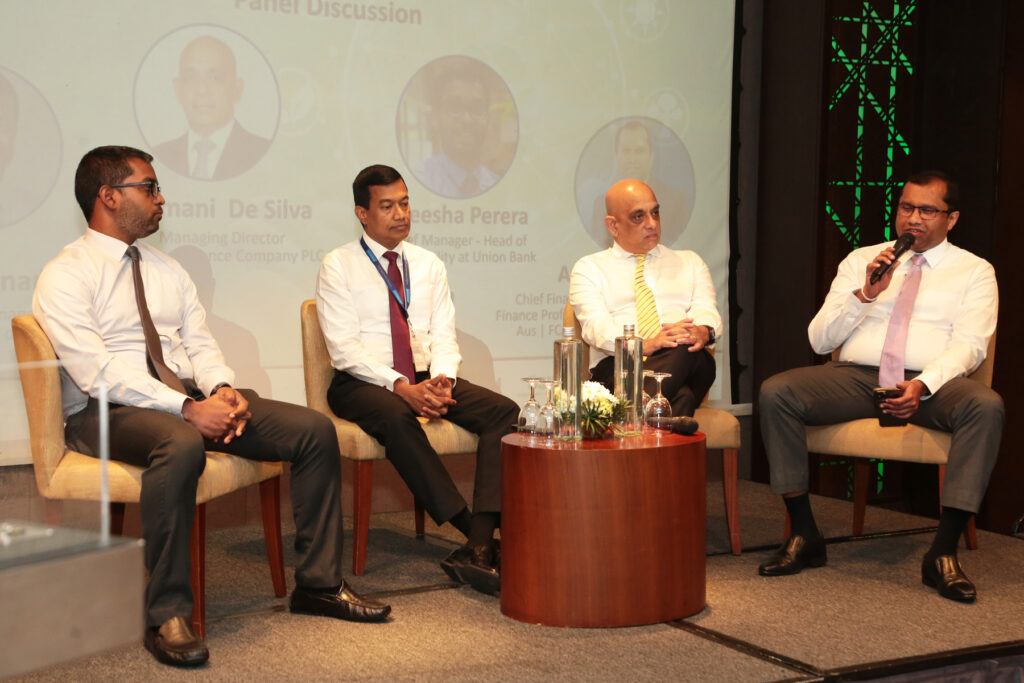
The panel also cautioned that delaying action may cause Sri Lanka to lose billions in global climate finance. As developed nations and financial institutions focus on green investments, countries with policy misalignment risk missing out on international funding. The need to take action is emphasised by changing global regulations, like the European Union’s Carbon Border Adjustment Mechanism (CBAM).
For Sri Lanka’s financial sector to fully benefit from green finance opportunities, it must adopt a systematic and integrated approach. Strengthening collaboration between banks, government agencies, and conservation organisations is key. Financial institutions need to collaborate with policymakers to create policies that promote sustainable investments and adhere to global environmental standards.
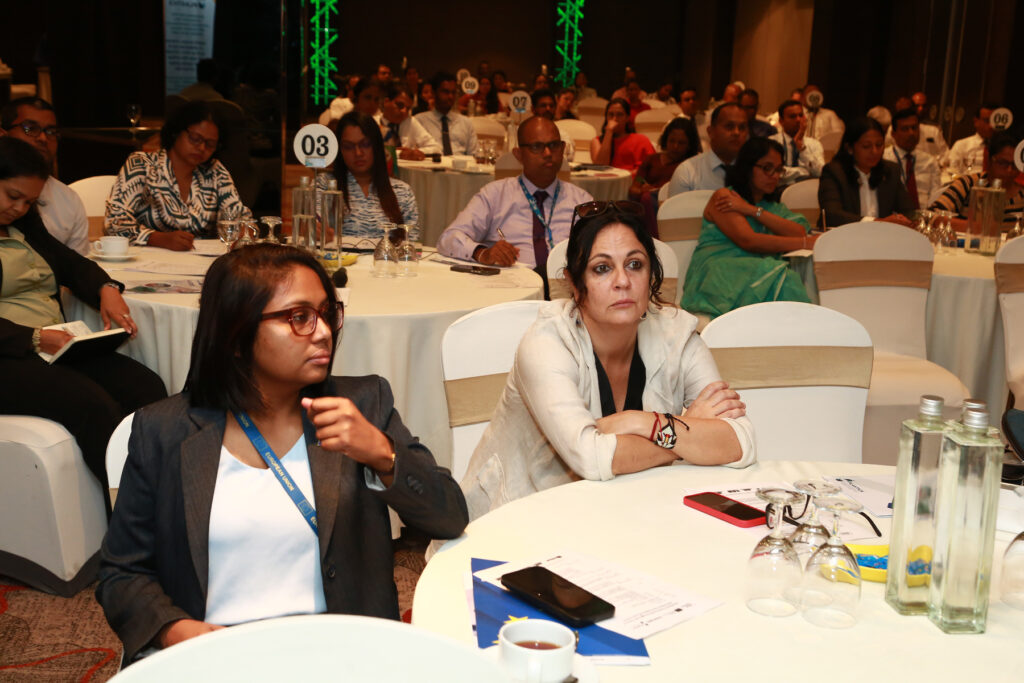
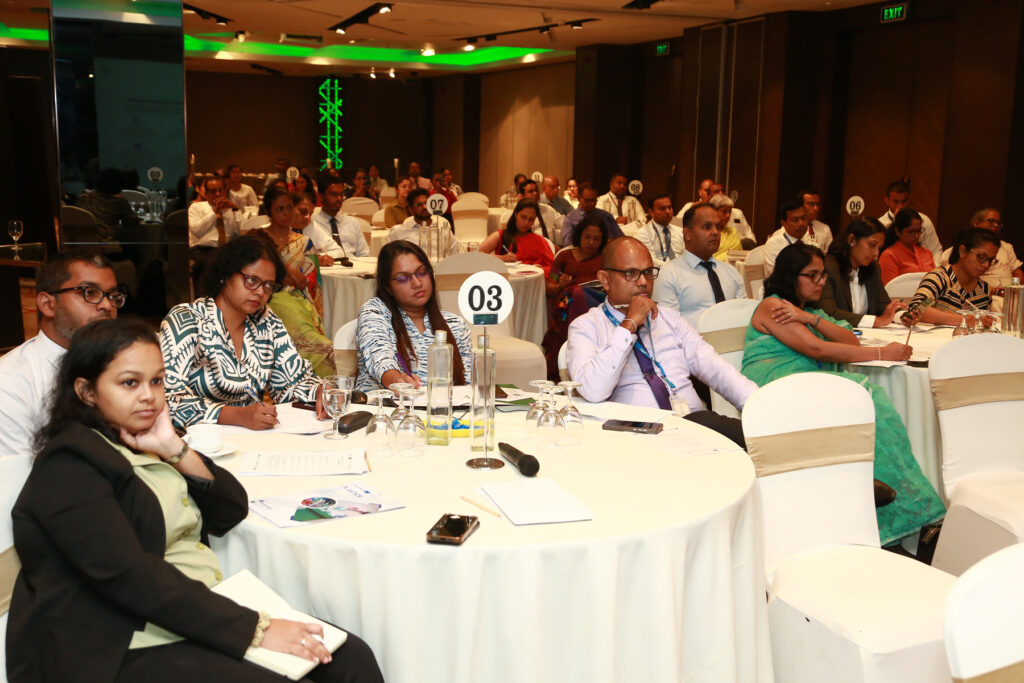
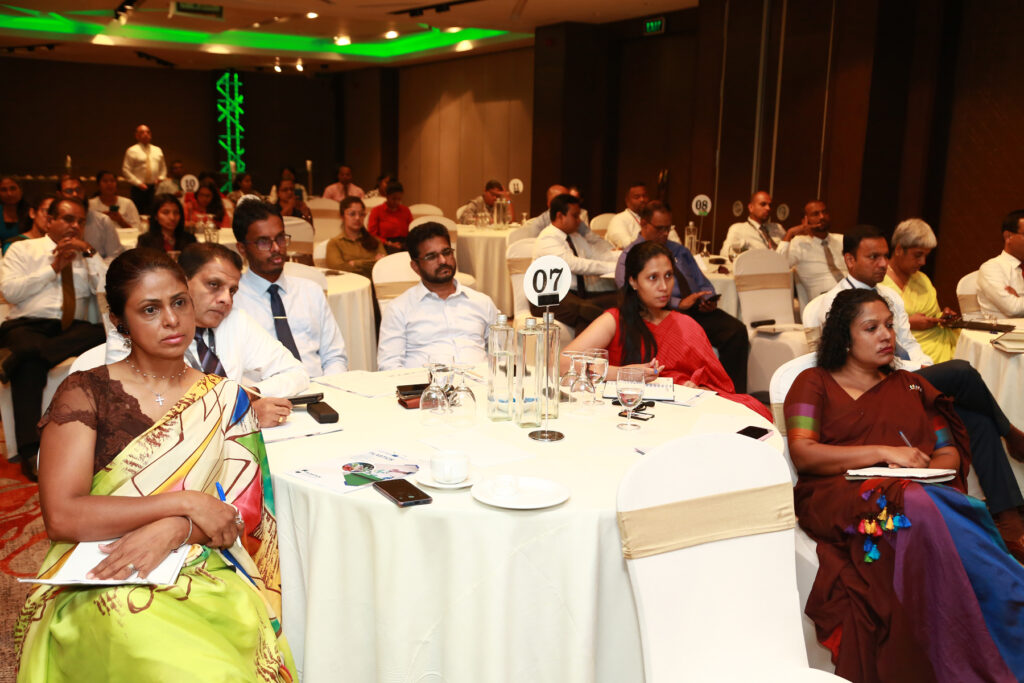
Building Partnerships and Expertise
Establishing partnerships with global financial institutions is crucial. Several global banks and development finance institutions are looking for sustainable investment opportunities in emerging markets. Sri Lankan banks can attract long-term partnerships for economic resilience and environmental sustainability by taking proactive steps in green finance.
Building internal capacity and expertise is also essential. Financial institutions must invest in training programmes and knowledge-sharing initiatives to equip their teams with the necessary skills to assess and manage climate-related financial risks. Developing in-house expertise on green finance will allow banks to effectively structure sustainability-linked products and services while advising clients on transitioning to greener business models.
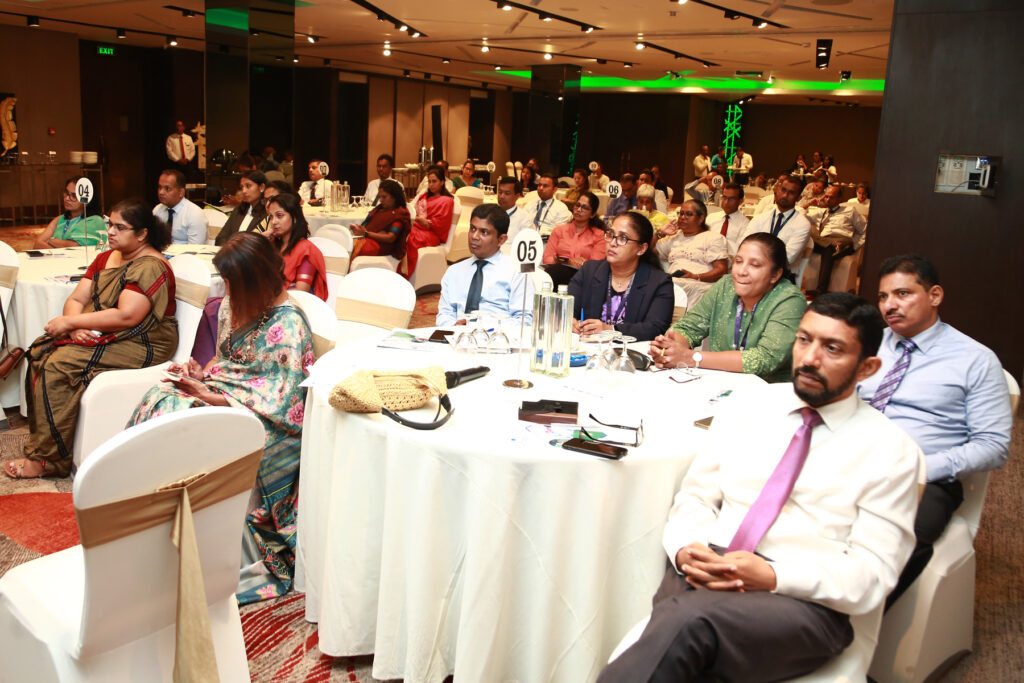
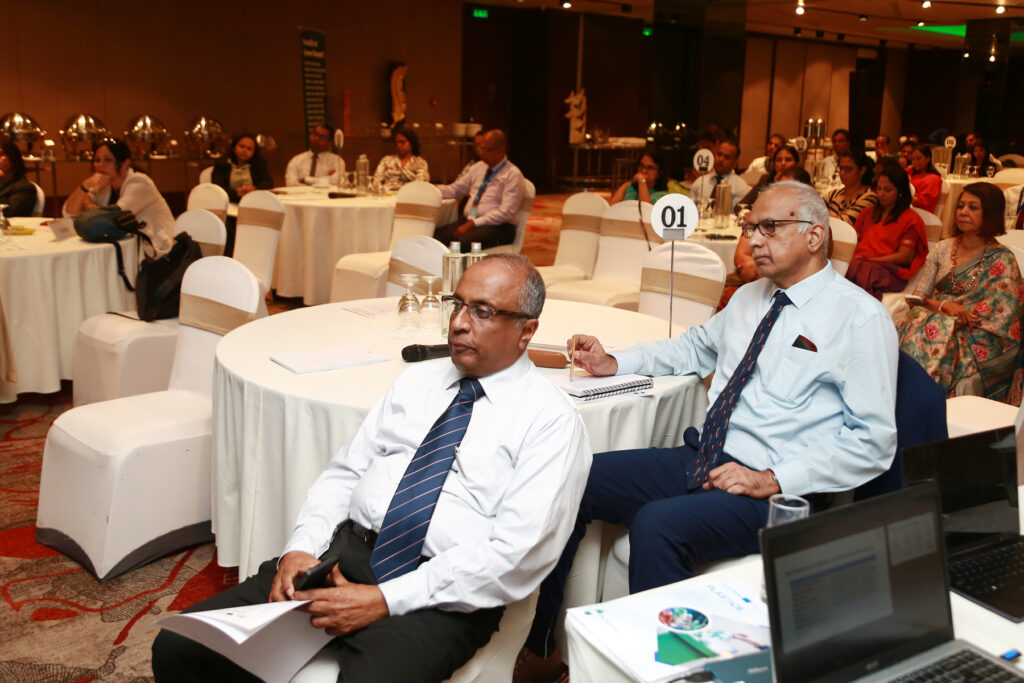
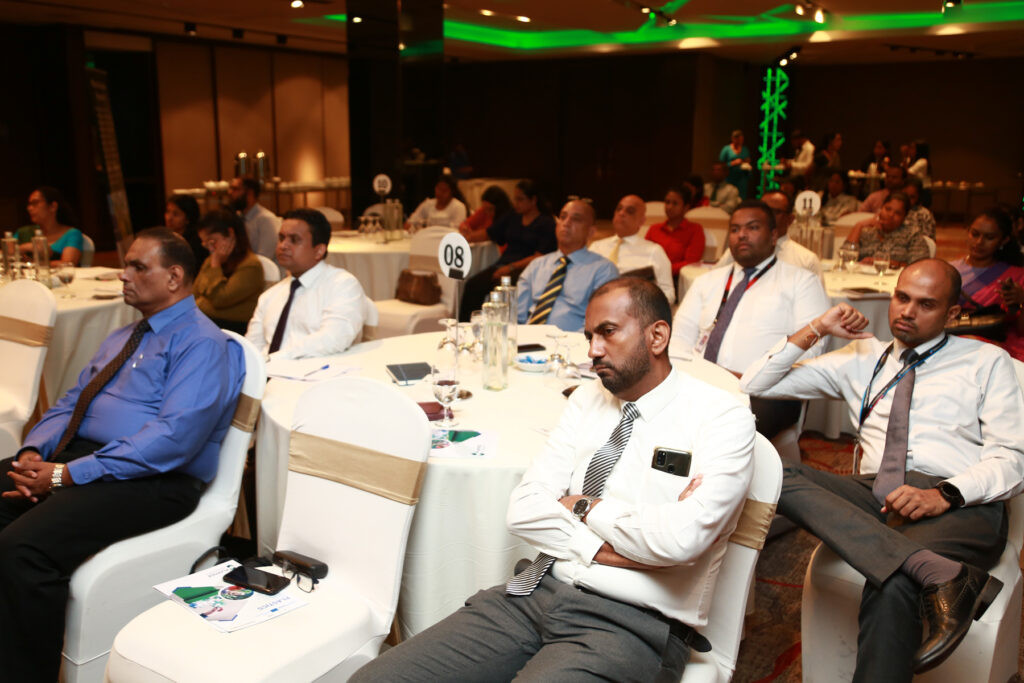
The Future of Banking
The global green finance movement is not a passing trend—it is the future of banking. Prof. Munasinghe’s insights provide a clear roadmap for Sri Lanka’s financial institutions to secure their place in this evolving landscape. With bold leadership, strategic action, and a commitment to sustainability, Sri Lanka’s banking sector can attract global green finance and position itself as a leader in Asia’s sustainable finance ecosystem. The time to act is now.
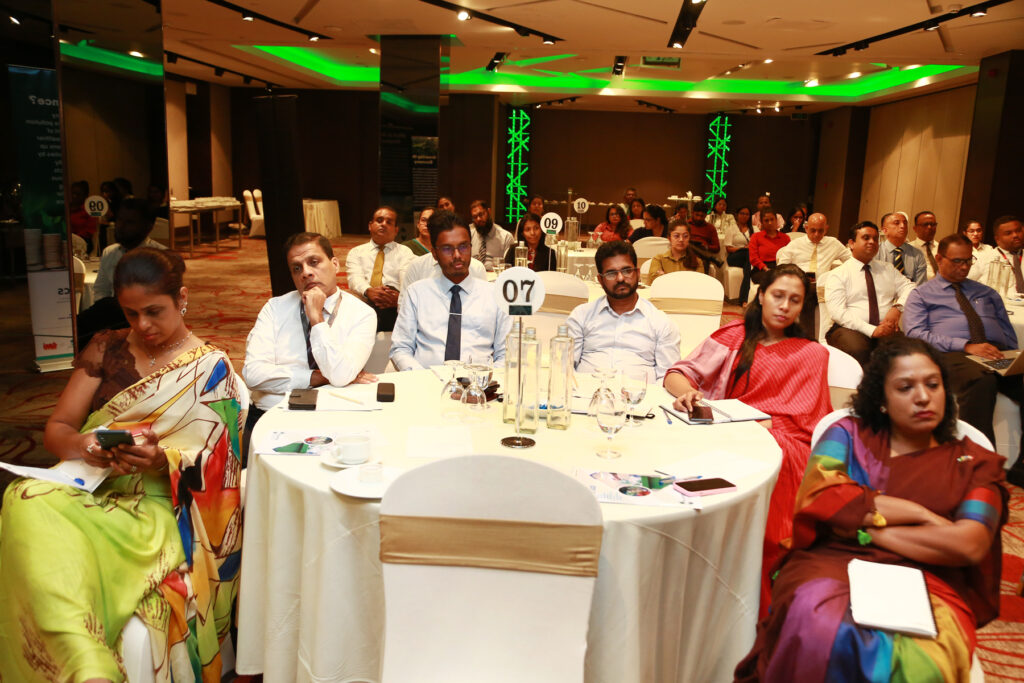
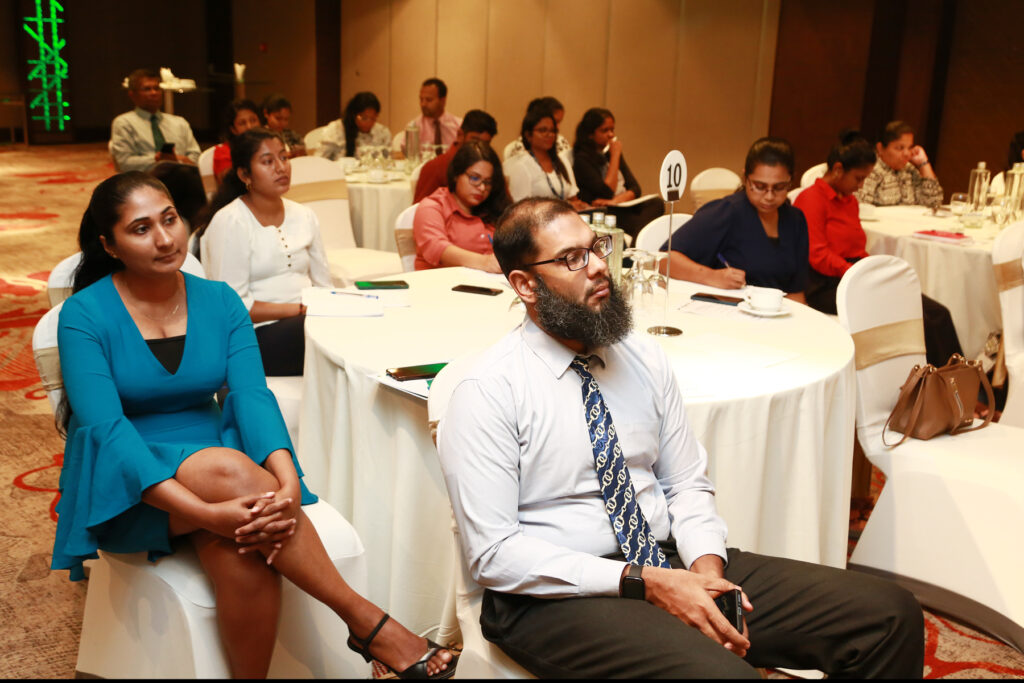
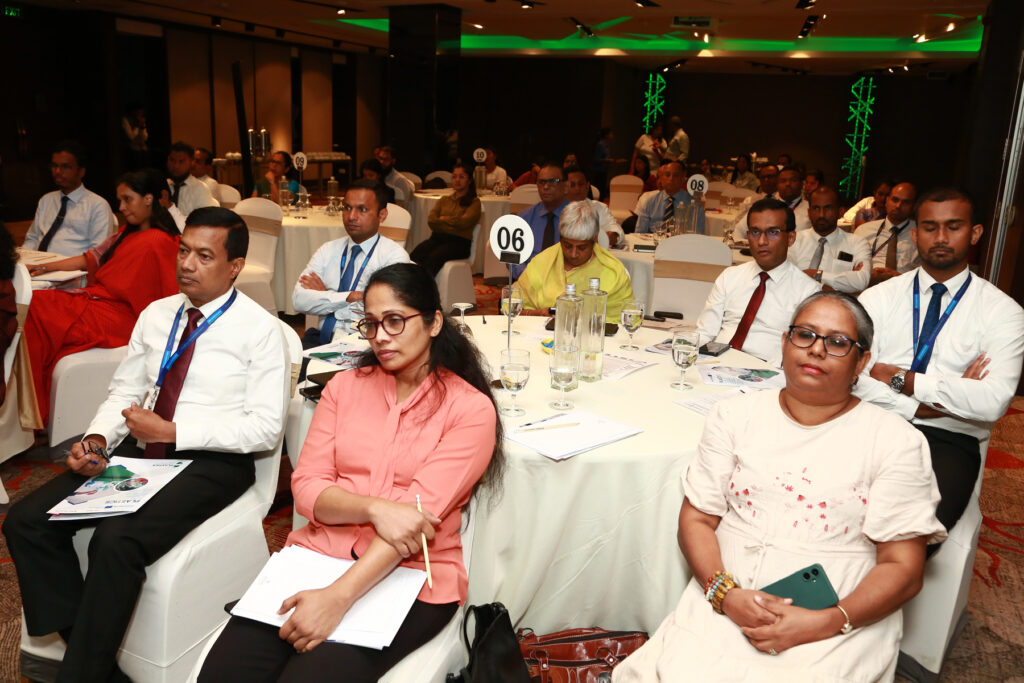
Sri Lanka can leverage frameworks like the European Union’s Circular Economy Action Plan (CEAP) and the UN’s Sustainable Development Goals (SDGs) to attract green investments and enhance global trade partnerships. However, challenges such as the lack of awareness and infrastructure to support circular economy initiatives must be addressed. Government-backed incentives and a clear regulatory framework are essential for a successful transition. To make Sri Lanka a regional sustainability leader, businesses need to use green finance, focus on sustainable sourcing, and build partnerships for circular economy principles. Policymakers should back these initiatives by enforcing sustainability regulations, providing incentives for green innovation, and promoting partnerships with international organisations.
By adopting these strategies, Sri Lanka’s banking sector can ensure its future in the global green finance landscape and support a sustainable and resilient economy.
